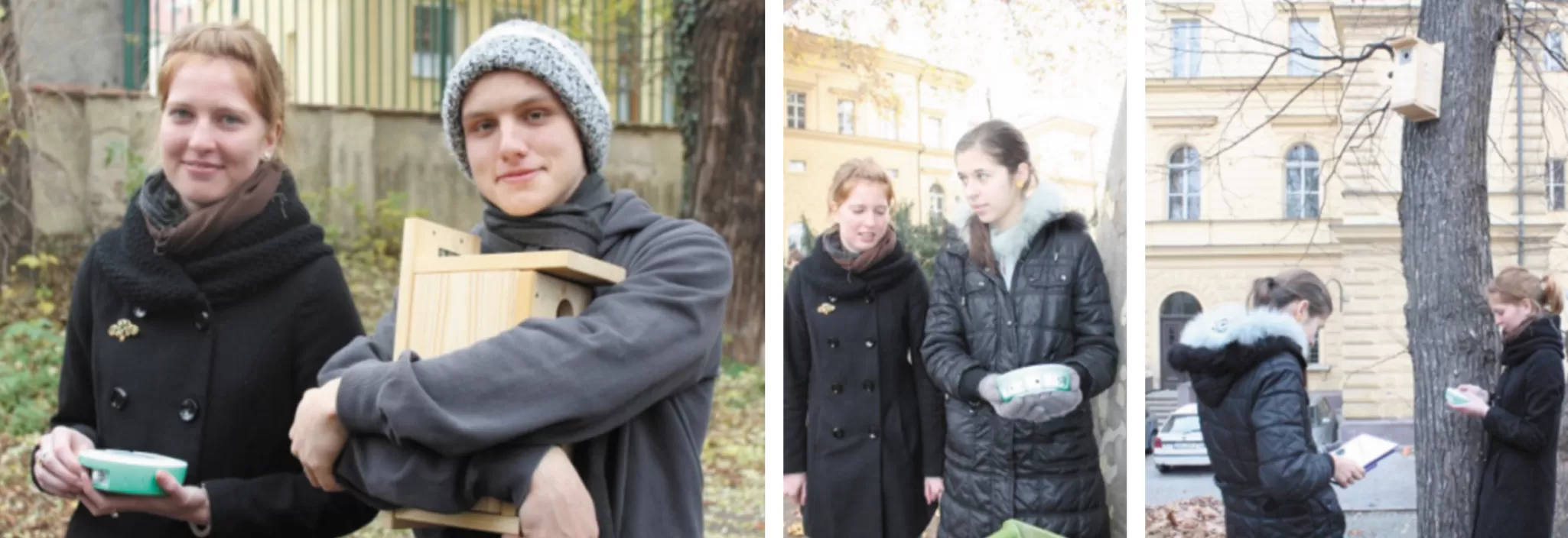GAIA Bilateral Collaborative Research Program
Labdisc Enviro Used in GAIA Bilateral Collaborative Research Program
A collaborative environmental research program using the Labdisc with the iPad connects students at the American International Schools in Israel and the Czech Republic. 8th to 12th graders participating in the GAIA (Global Awareness Investigation and Action) project used the Labdisc Enviro to measure the impact of bird nest box environmental conditions on breeding.
Installation Snapshot:
Labdisc Portable STEM Lab
Researching optimal nesting possibilities
The project—led by Professor Yossi-Leshem, a world-recognized ornithologist at Tel Aviv University’s Department of Zoology, and Dr. Motti Charter from Haifa University—measured the weather conditions of falcon, kestrel, barn owl, and great tit bird nest boxes. Light, humidity, and internal and external temperatures were monitored and integrated with Google Maps to indicate the most successful location and position for nesting.
The project hopes to demonstrate to local farmers the 24/7 pest control alternative provided by these bird species, which eat rodents and reduce the need to spray crops.
The Labdisc provides a portable research platform for schools in Israel and Prague performing the same research at different latitudes each day.
“We’ve worked with leading science probe suppliers like Vernier and Pasco, but the wireless Labdisc builtin sensors are much more convenient, simultaneously collecting data from multiple parameters and projecting it onto Google data maps.”
Stuart Fleischer, GAIA Project Director, told us, “Both in Israel and Prague, the teachers and students have been blown away by how the Boxlight probes all fit into one small, efficient unit. The ease and ability to drop data onto the iPad allows for on-the-spot data collection and real-time display, as well as pictures, movies, and interviews to supplement data presentation.”
The Labdisc offers a full field kit in a very small container, integrating the iPad, data logger, and probes. In fact, the Labdisc has proved so successful for our students, we’re planning to make the product available for all K–12 students next year

